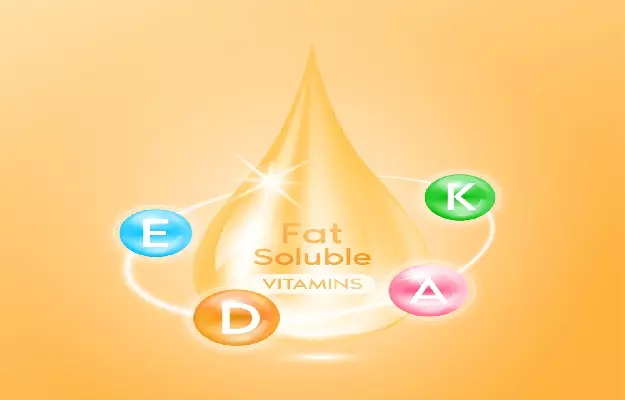Nicknamed the sunshine vitamin, vitamin D we get from sunlight. It is known for its beneficial effects on bone health. Vitamin D deficiency makes bones highly susceptible to fractures.
Vitamin D Also known as calciferol, vitamin D comes in two main dietary forms:
Role and Function of Vitamin D
Bone Maintenance Vitamin D regulates circulating levels of calcium and phosphorus, the most important minerals for bone development and maintenance. It promotes the absorption of these minerals from your diet. It also regulates and strengthens the function of the immune system. Once absorbed into the bloodstream, the liver and kidneys convert calciferol and calcitriol, the biologically active form of vitamin D.
Sources of Vitamin D
As long as you regularly expose large areas of your skin to sunlight, your body can produce the vitamin D it needs. People generally need to rely on their diet to get enough vitamin D. Some foods contain vitamin D naturally. The best dietary sources are fatty fish and fish oil.
Vitamin D Deficiency
Severe vitamin D deficiency is rare, but mild forms of deficiency can occur. Risk factors for deficiency are:
Vitamin D deficiency leads to soft bones, weak muscles and increased risk of bone fractures. This condition is called osteomalacia in adults and rickets in children. Vitamin D deficiency is also associated with poor immune function, increased susceptibility to infection, and autoimmune diseases.
Other symptoms of deficiency or insufficiency may include fatigue, depression, hair loss, and poor wound healing.
Vitamin D Toxicity
Vitamin D toxicity is very rare. Spending too much time in the sun doesn't cause vitamin D toxicity, but taking too many supplements can harm you. The main result of toxicity is hypercalcemia, a condition in which there is an excessive amount of calcium in the blood. Symptoms include headache, nausea, loss of appetite, weight loss, fatigue, kidney and heart damage, high blood pressure and fetal abnormalities.
Benefits of Vitamin D Supplements
For people who spend little time in the sun and rarely eat fatty fish or liver, supplements can be very beneficial. Taking supplements regularly has been shown to prolong people's lives, especially those who are hospitalized or older adults living in care facilities. Supplements may also reduce the risk of respiratory tract infections.
Read more - (Vitamin A Deficiency symptoms, causes, treatment)












